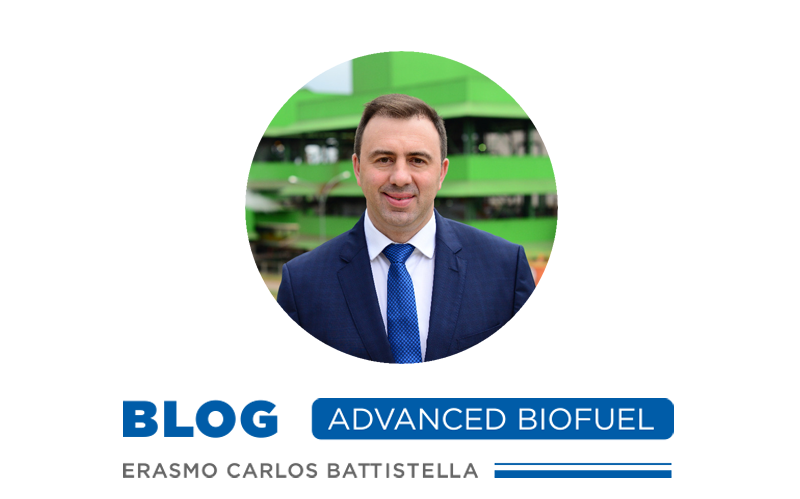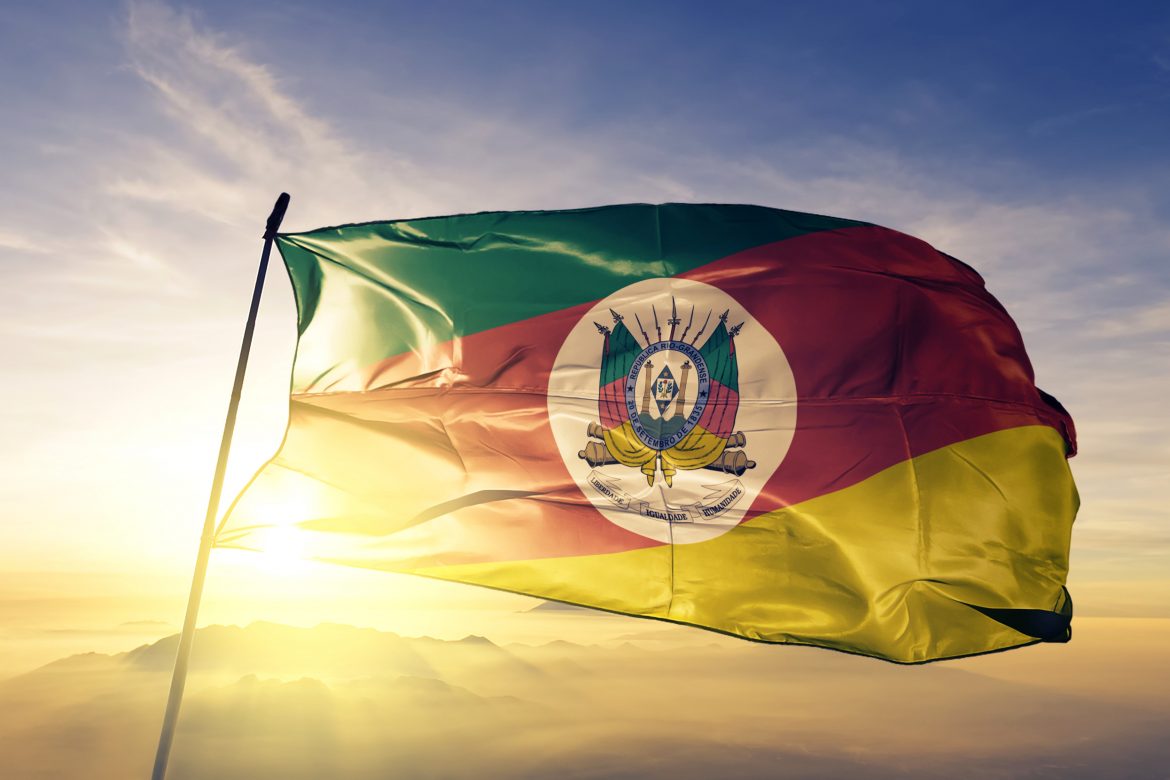The message that comes from here in Rio Grande do Sul, in what is one of the biggest environmental tragedies in the state and in Brazil, is unequivocal. It imposes itself in a violent way, at the cost of a lot of pain, with losses of lives, which are irreparable, and billions in resources, which together bring a psychological impact and, in most people, provoke a cry for a new environmental awareness.
Four years ago, on this same blog, I said that climate change has a real impact on all economies in the world, but the effects of this change are felt increasingly clearly in emerging economies. Disastrous natural phenomena, droughts and floods, exoduses resulting from climate change are driving action.
And, to make matters worse, many scientists predicted that those most affected by the changes would be the most vulnerable people and families. The prediction was unfortunately confirmed here in Rio Grande do Sul, where we are living and seeing this happen.
This is the harsh reality and it is urgent to find another, more sustainable way to live, travel, undertake, produce and prosper.
The consequence of global warming has arrived, it is our present, and it has shown what it is capable of doing in our lives, even to those who were most skeptical. They now recognize the record temperatures that have made the last few months the hottest on record.
From the devastation of entire cities, their social, health and education structures, new models of state and country must emerge capable of sustaining, developing and creating based on maintaining the quality of life and the environment.
As a member of the Council for Sustainable Social Economic Development and a businessman from Rio Grande do Sul, I sent my contribution to the recovery process of Rio Grande do Sul to the Federal Government authorities in the short term.
I presented a list of immediate actions to be implemented in the short term by the Federal Government. This document has the contribution of entities representing sectors of society in Rio Grande do Sul and the City of Passo Fundo.
But this is not enough and I ask a question: why don’t we take care of the environment?
If scientists and thermometers show the reality, and if we take care of the environment, we will only win if we manage to reduce temperatures in the next meteorological cycles. It’s not about luck, but about attitude in the face of this difficult condition that has involved all of us Gauchos and Gauchos.
What’s left to close this account?
First believe and, in this case, listen and understand the harsh message coming from the South and which, if nothing is done, will have repercussions on other regions of the country and the world as a whole.
When looking at Brazil, we have a country that is a powerhouse in clean energy capable of being a global reference in energy transition while at the same time meeting its decarbonization goals. In the Senate, the Fuel of the Future Bill is being discussed with the capacity to outline the routes that will allow the country to grow on new bases of green economy, generating jobs here, with quality of life, health and environmental preservation.
But we need to hurry to get the project approved and become a reality.
There is also a debate in public opinion about the cost of transition, and now we can see precisely what the cost of not transitioning is. Loss of life, emotional shocks, gigantic losses are wounds that are hard to heal.
Next, we need to mobilize all our efforts in the right direction, which is to implement our clean energy production model. In this case, in addition to defining long-term regulatory frameworks that provide predictability and legal security to industrial projects, we need to channel investments to enhance this model in the short term.
There is no time to lose.
We must have a fair and agile energy transition, with an increase in sustainable agricultural and industrial production, with people first.
Attitude to change!
As a man who came from agriculture and a small town in the interior of Rio Grande do Sul, I know the value of rain, but it must come in balance. We also recognize in the field the importance of time cycles in which each step is a sequence of the other. It is over time that the land is prepared, planted, treated and harvested.
We also know that after the storm comes the light of a new day, after moments of difficulty comes rebirth and reconstruction. And political and business leaders must take responsibility for leading this process that will lead us to a new Rio Grande do Sul, a new Brazil, which will be rebuilt from a new base.
And let it be clear: what we decide now will be reaped by our children, and our children’s children. May we all have the character and strength to make this commitment to hope for the future.

